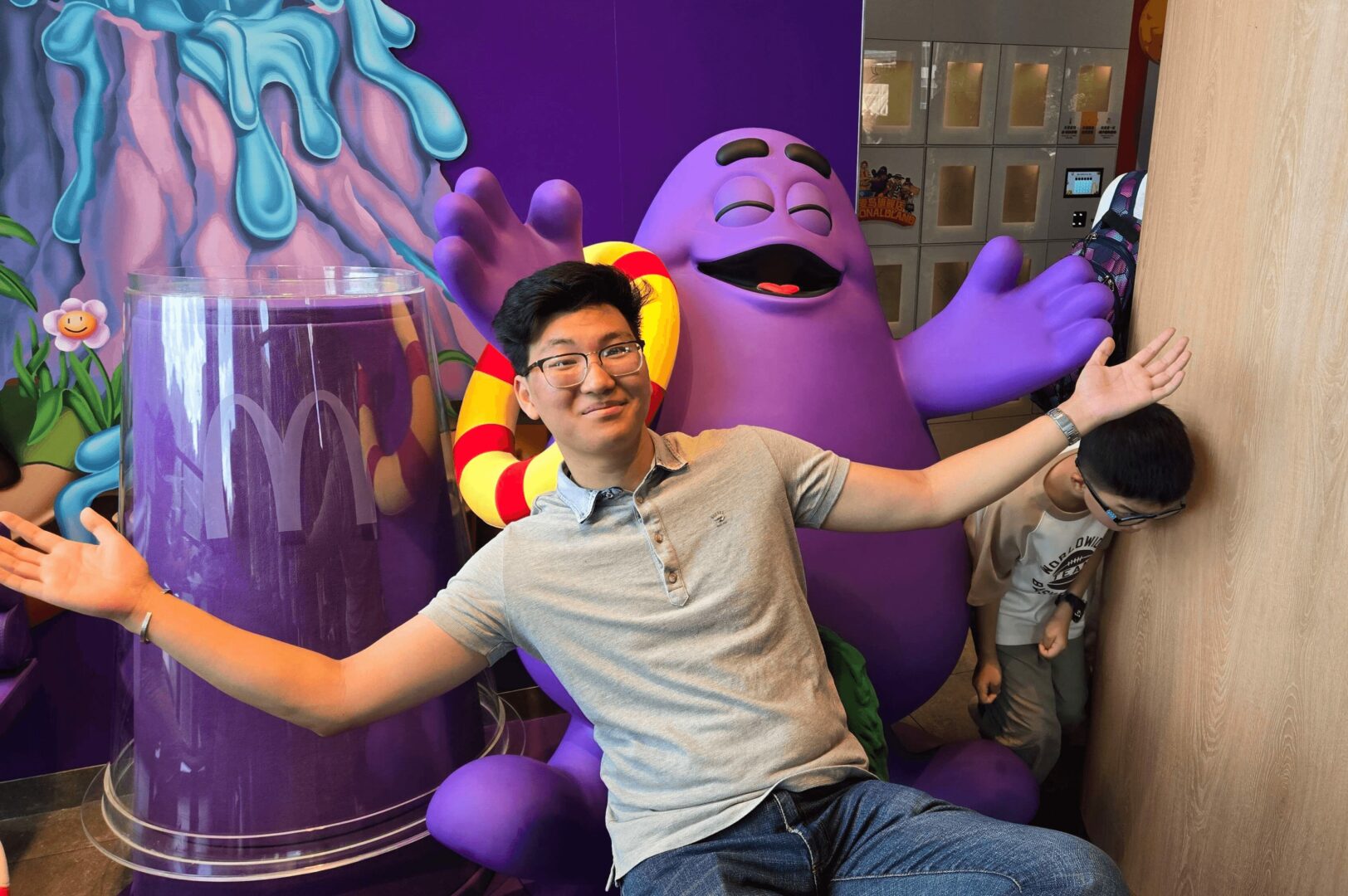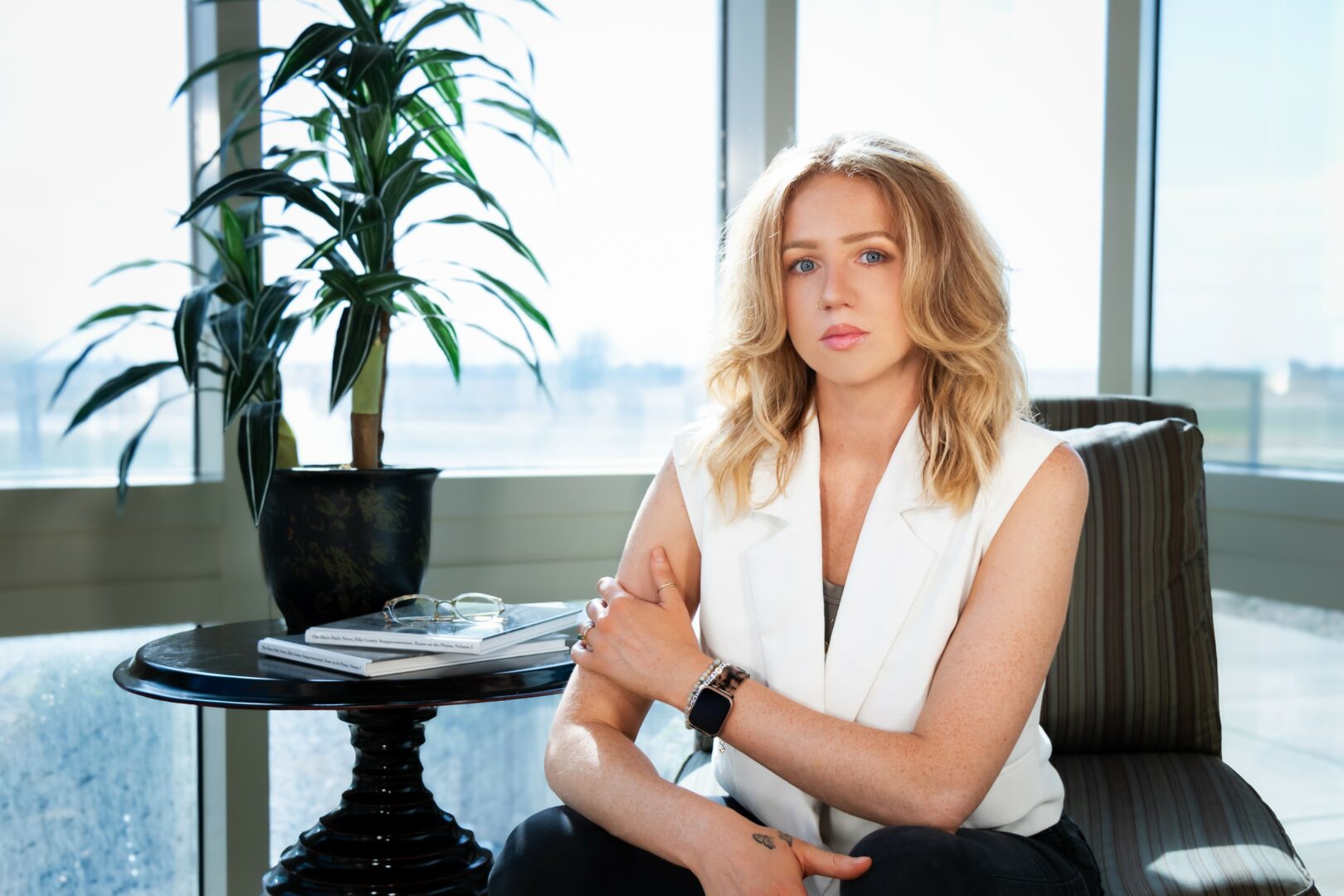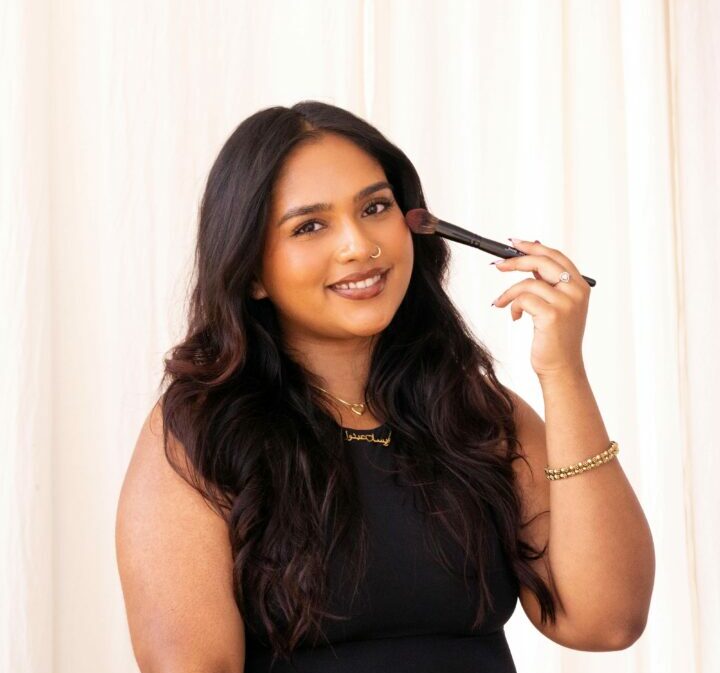We’re excited to introduce you to the always interesting and insightful John Kim. We hope you’ll enjoy our conversation with John below.
John, we’re so excited for our community to get to know you and learn from your journey and the wisdom you’ve acquired over time. Let’s kick things off with a discussion on self-confidence and self-esteem. How did you develop yours?
As I look back on my life I find that the development of my self confidence stemmed from a need to stand up for myself as the safety nets in my life started to disappear. Times of transition can differ in difficulty for many people, but I find that it’s uncomfortable to become more and more independent. Growing up my mother was my number one advocate, so much so that I never needed to advertise or brag about my accomplishments, and as a result my ability to talk about myself in settings like college applications and interviews suffered. I grew up thinking that if I just followed the authority of my parents and teachers that everything would work out in my favor. All throughout freshman and sophomore year of college at art school I tried to work within the confines of the prompt and assignment, which led to art work that was unoriginal and not genuine to who I was as a person. The confidence was built when I came to the realization that my artistic vision was greater than the scope of the prompt. When speaking with a teacher I came to this realization when I insisted that I needed to create this art and get it out of my system before I could move on to the next project. It took a bit of convincing as they were hesitant to spend an extra week working on something that wasn’t exploratory and substantial to my growth and learning. One week later my teacher told me that the best move that I made all semester was insisting on following through with my vision, and continuing to work on what I thought was necessary for my practice. Taking that risk and being validated for my actions by someone that I respected was the greatest development for my self-confidence as an artist.
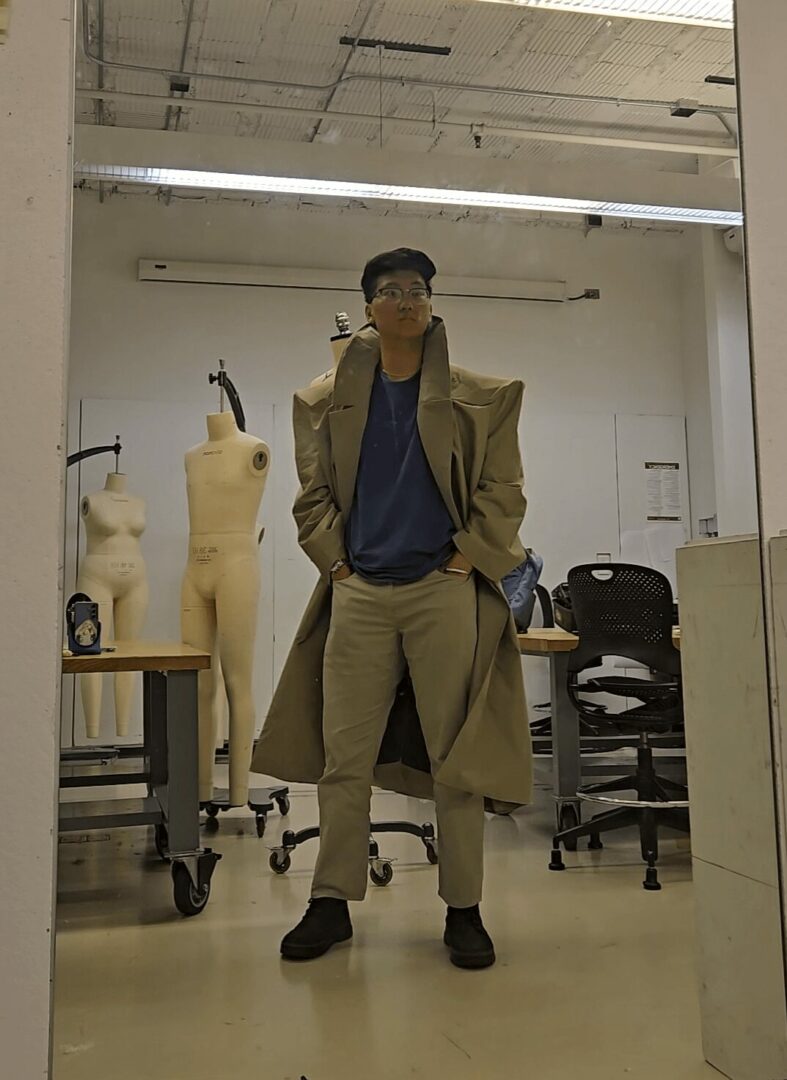
Let’s take a small detour – maybe you can share a bit about yourself before we dive back into some of the other questions we had for you?
I am currently enrolled as a Fashion Design Student at the School of the Art Institute of Chicago in my junior year. Im focusing on developing my style and vision for Menswear design in anticipation for my senior year mini collection/fashion show. Over the past couple months I have been having a lot of fun with school and the work that I have been producing and I’m very excited to see the work that I will produce in my last year of art school. If there is anyone in the fashion industry that finds my work mildly interesting I would love to hear comments or words of encouragement (email: [email protected]).
Looking back, what do you think were the three qualities, skills, or areas of knowledge that were most impactful in your journey? What advice do you have for folks who are early in their journey in terms of how they can best develop or improve on these?
The three qualities that I find the most impactful is to trust your vision, never stop creating, and to document your work. As an artist the only agency you have is your perspective on the world.
Throughout history people have discovered and rediscovered truths of life, but it is incredibly rare for people to have the same artistic vision. Anyone can learn how to paint and practice to be the most proficient, but the legacy of an artist is left by their unique perspective in the same world.
Its very easy to fall in love with a body of work or to hate it so much to the point of abandonment, but I think that its very important to move on from that moment and to create the next thing. If art is an expression of the self it doesn’t make sense that you stop self expression for any reason. Feelings for you work change over time but what you felt in the moment of creation doesn’t change.
This is why its important to also document the work as the work may not last forever, but through documentation you can create a catalog of your human experience through time. Whether you find that the work is good or bad it is true to what you felt and are, so if you are diligent in your documentation you will have a true reflection of yourself to look back to.
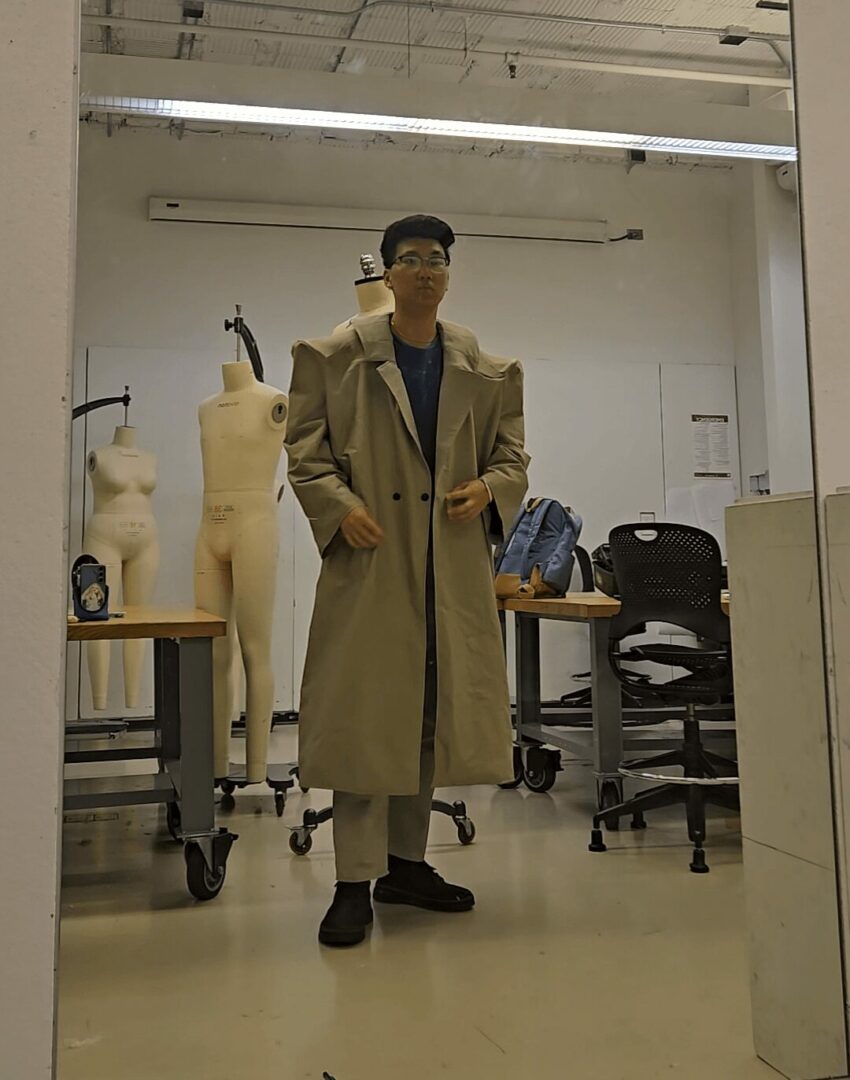
What do you do when you feel overwhelmed? Any advice or strategies?
I think the solution to being overwhelmed is simple. Just go do something else. Sometimes when I’m designing or sketching, all I want to do is sew and make something. And when I have been sewing for hours I just wish I was at my desk drawing. I have the luxury of working in this way because of the industry that I’m in, but this doesn’t need to be limited to artistic practices. I make sure that I always have time to exercise whether it’s volleyball or rock climbing, or I’ll go relax and read a book, or I’ll cook a nice meal and treat myself. These are all things I do to take care of my mind/body, and I think being overwhelmed is a result of negligence towards taking care of the mind and body. To some this solution might seem counter intuitive as adding more work to their plate might not seem like an option, but I want to make a distinction between overwhelmed and busy. It’s possible to have very little to do and still feel overwhelmed, while someone might be able to handle lots of tasks while not feeling overwhelmed. It’s important to give yourself a break, but that doesn’t always have to be in the form of sleep or laying down.
Contact Info:
- Website: https://www.canva.com/design/DAG0Z2QNWkc/Nz0UNIWV36VteOA82QLuXA/view?utm_content=DAG0Z2QNWkc&utm_campaign=designshare&utm_medium=link2&utm_source=uniquelinks&utlId=h10691d2d8c
- Instagram: johnnyboi0i
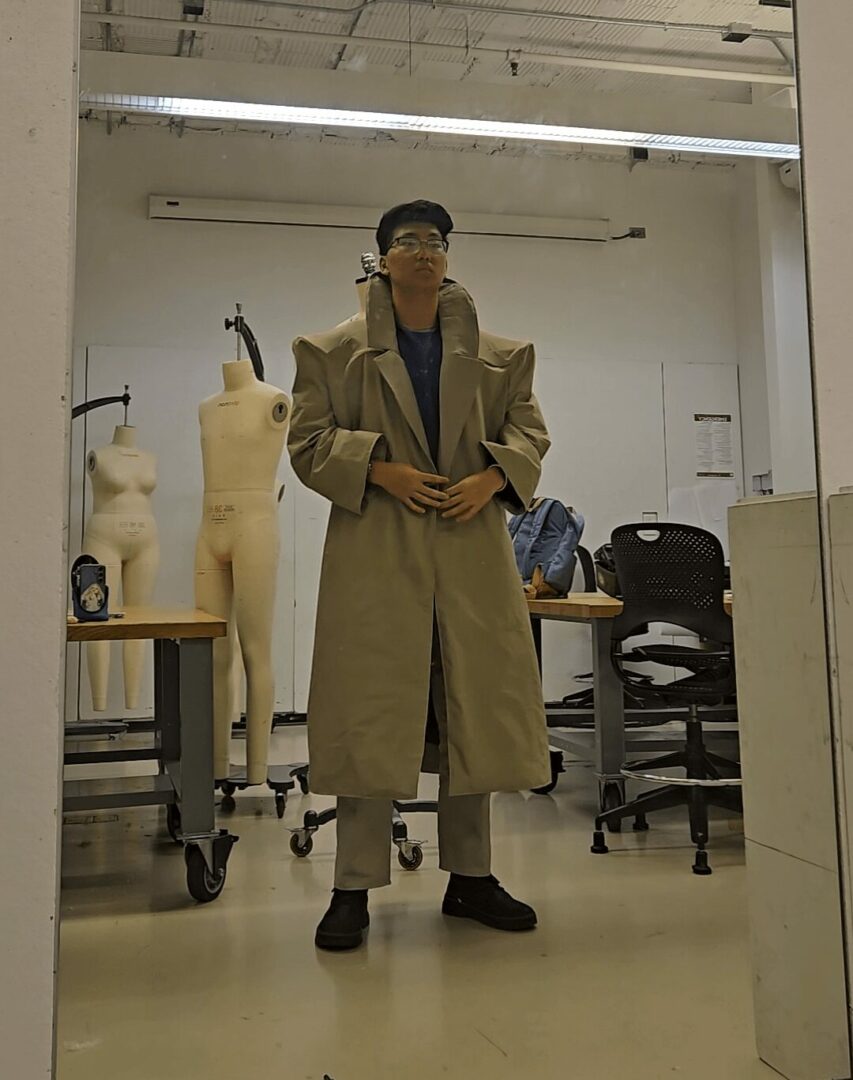
so if you or someone you know deserves recognition please let us know here.

